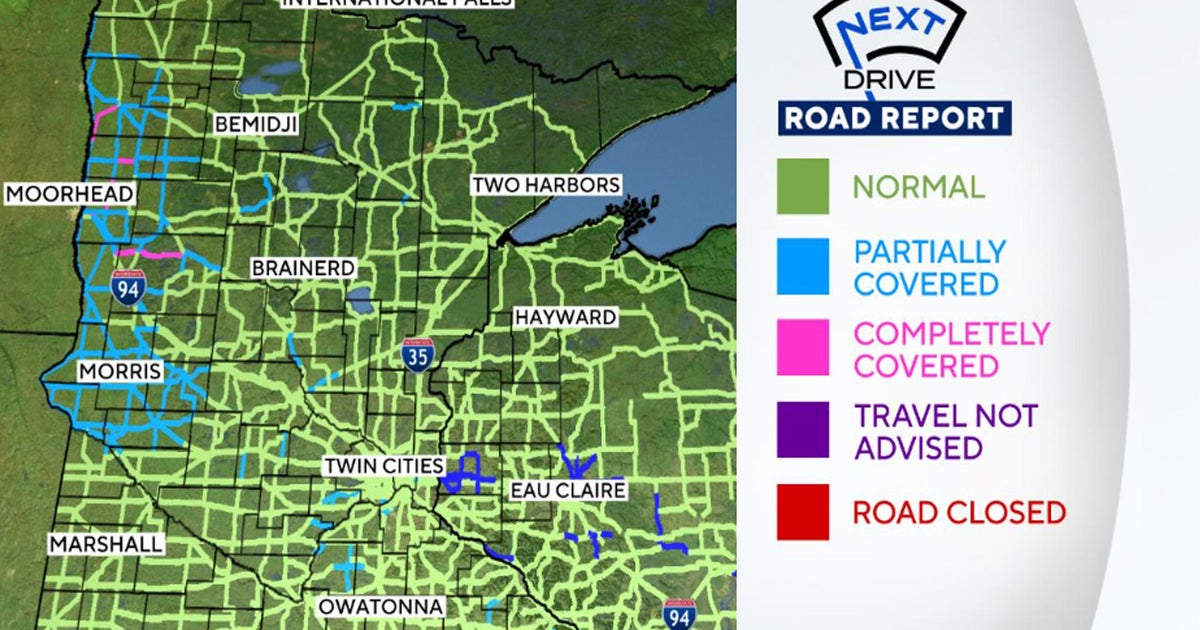The Dow Drops And The Possibility Of Recession Looms
MINNEAPOLIS (WCCO) -- Traders on Wall Street say fear has taken over, as the Dow Jones Industrials fell 634.76 points -- the sixth worst point decline for the Dow in 122 years and the worst drop since December 2008.
Monday's trading day was the first since Standard and Poors (S&P) downgraded America's debt from AAA to AA+. Every stock in the S&P 500 Index declined Monday, but the downgrade wasn't the only catalyst for that decline.
Investors and economists are now worrying about a slowing economy. The growth scare, as they call it, is a real thing.
"Markets will rise and fall, but this is the United States of America," said President Barack Obama. "No matter what some agency may say, we've always been and will be a Triple 'A' country."
The president tried, but couldn't calm the market. He blamed the downgrade on political gridlock, saying we can't reduce the debt without raising taxes and cutting Medicare.
"I think there could be another recession by the definition of negative economic growth," said Dr. David Vang with the University of St. Thomas. He added that we might be in a recession right now.
Economic growth in the first half of the year was the slowest since the end of the recession. The economy grew at a 1.3 percent annual rate from April through June, below economists' expectations. It expanded at a 0.4 percent rate in the first quarter.
Manufacturing and service industries just barely grew last month, and job growth slowed. The 117,000 jobs created in July was still well below the 215,000 that employers added in February, March and April, on average.
"Having this second dip or second recession means this period of unemployment will probably continue on for another year," Vang said.
Dipping back into recession could also drive stocks even lower, and investment strategists say that's the time to buy. The S&P 500 has historically bounced back, anywhere from 6 percent to 17 percent in a year from its steepest declines, once the sell-off has subsided.
Vang suggests that people should continue contributing to their 401Ks.
"The good news is that you're buying that close to an all time low, and 20 years from now, you'll be glad you did," he said.
Vang says that a government solution might not happen anytime soon. The government has "run out of bullets," he said.
Economists point to the things the government has already tried, like spending more to stimulate the economy and lowering interest rates. In fact, one key interest rate is already at a record of nearly zero, where it's been for three years.
S&P blamed Washington for not doing enough to cut the nation's debt and get its finances in order. It also warns another downgrade could be on the way.
The Dow has lost 15 percent of its value in two weeks. More than a 1,000 stocks on the New York Stock Exchange hit 52 week lows, and U.S. markets have lost well over $1 trillion in value in just the past 11 trading days.
There's no telling where the bottom lies.



